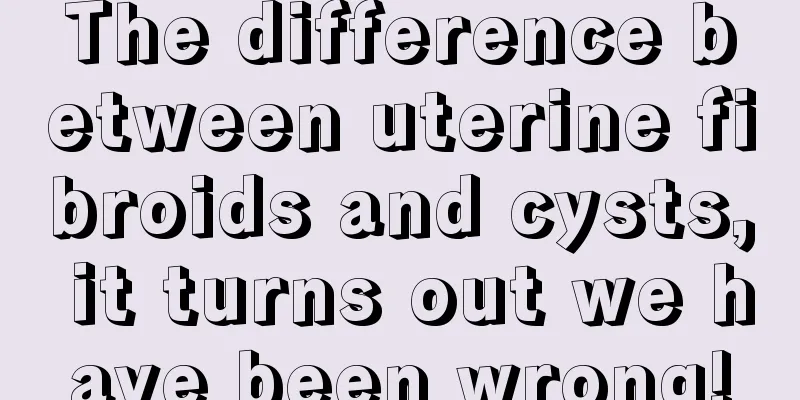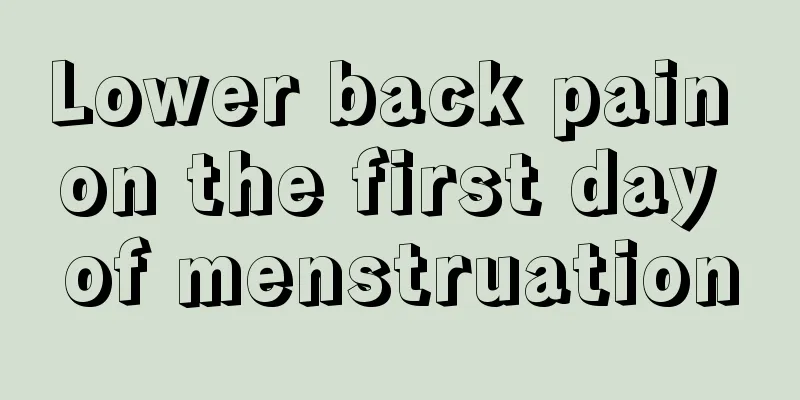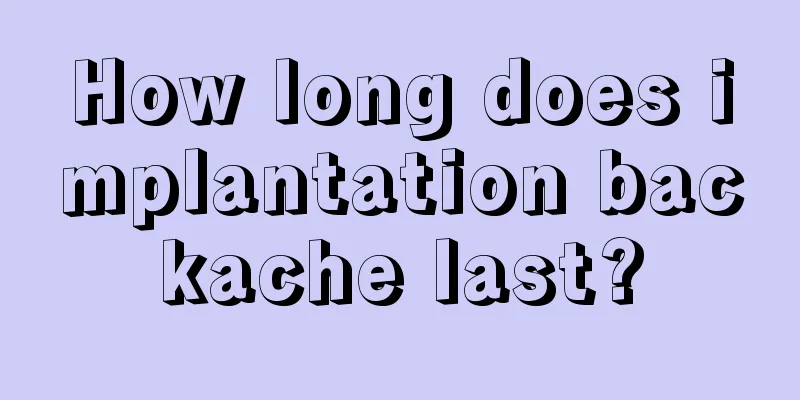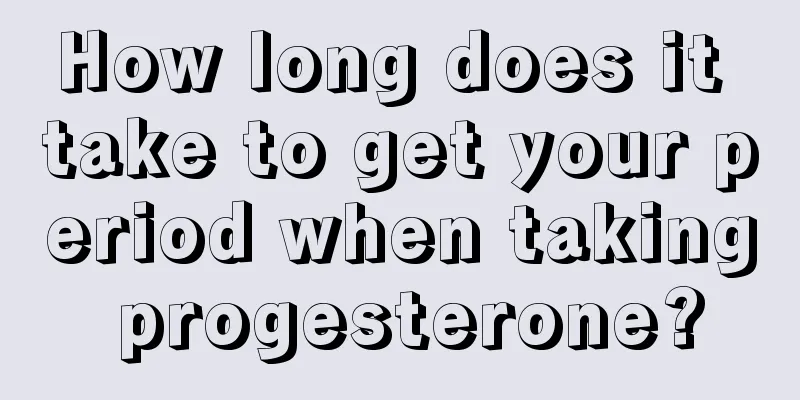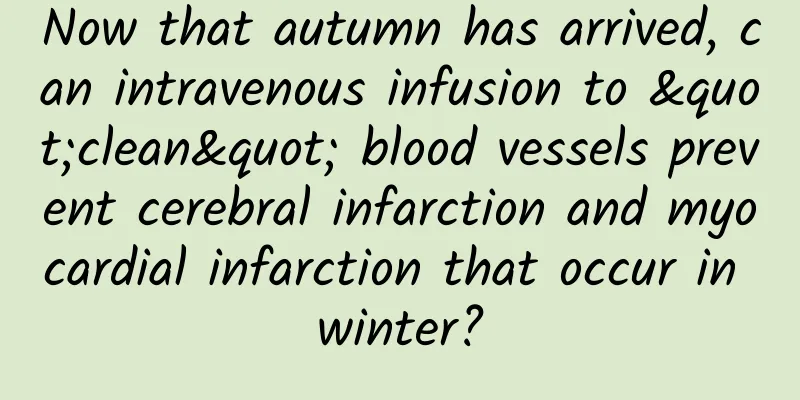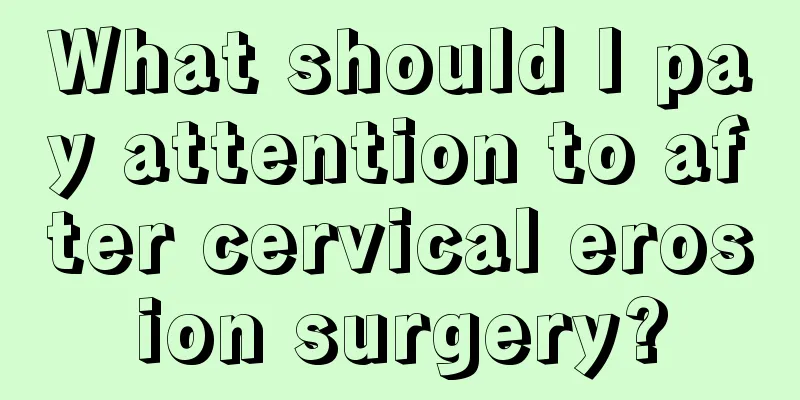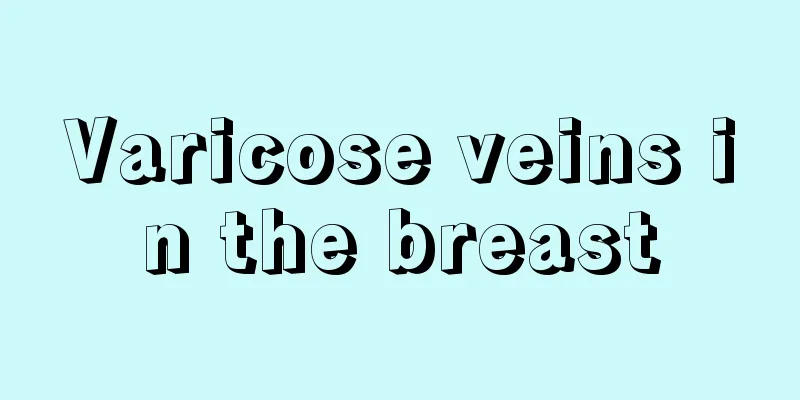Are endometrial polyps easy to treat?
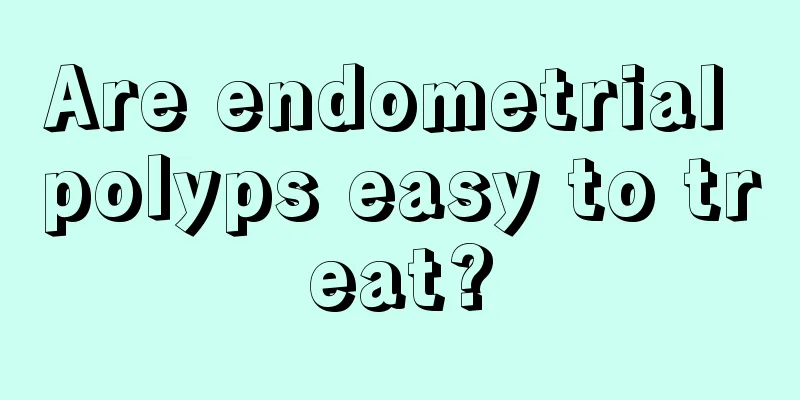
|
Endometrial polyps are a very common gynecological disease, after the onset of the disease, the patient will have abnormal vaginal bleeding. Many female patients are diagnosed accidentally during microscopic examination. As you age, your hormone levels become disrupted and your risk of developing endometrial polyps increases. This disease is usually benign, but the possibility of malignancy also exists. In particular, some patients with polyps have a higher risk of malignant transformation due to unstable estrogen levels before and after menopause. Given that most polyps are nonmalignant, one approach is expectant management without intervention. Class II evidence shows that approximately 25% of polyps regress spontaneously and that smaller polyps are more likely to regress than polyps greater than 10 mm in length. Asymptomatic postmenopausal polyps are unlikely to become malignant. After discussion and informing the patient, observation and conservative treatment can be chosen. Medical treatments for endometrial polyps have limited efficacy. Although gonadotropin-releasing hormone analogs can be used as adjuvant therapy before hysteroscopic resection, this must be considered in light of the cost of the drug, its side effects, and the advantages and disadvantages of resection alone. There are no data to support the use of gonadotropin-releasing hormone analogs in this setting. Use of certain types of hormone therapy may play a preventive role in the development of polyps. Use of the levonorgestrel intrauterine device has been reported to reduce the incidence of endometrial polyps in women taking tamoxifen. However, its use in polyp treatment is currently limited to the research field. Hysteroscopic polypectomy is effective and safe as a diagnostic and therapeutic intervention. There are various methods for hysteroscopic polyp removal; however, there are no comparative studies on the effectiveness or cost of these methods, and the choice of method is related to the training and proficiency of the clinician. The cost of hysteroscopic polypectomy for patients with endometrial polyps is relatively low, and the recurrence rate after surgery is also relatively low. This surgery has been widely used in the treatment of endometrial polyps. In addition, the treatment of endometrial polyps can be combined with laser surgical resection on the basis of hysteroscopy. |
<<: Will endometrial polyps disappear?
>>: What are the symptoms of recurrence of endometrial polyps?
Recommend
Why does Christmas cactus keep losing its buds? What should I do if Christmas cactus keeps losing its buds?
Christmas cactus is a common flower in life. Beca...
What are the precautions for girls when they have their period?
The difference in the physiological characteristi...
Is it normal to have stomach pain one week into pregnancy?
After a woman becomes pregnant, her body undergoe...
Is it good for pregnant women to eat watermelon when they are constipated?
Watermelon is a very good fruit for cooling down....
Preventable, controllable and curable! Everything you need to know about osteoporosis
If you pay attention to the cases around you, you...
Is hysteroscopic curettage a good idea for postpartum care?
Hysteroscopic curettage is not suitable for confi...
What causes high testosterone in women?
As we all know, although women's bodies conta...
Pregnant women are hungry in the middle of the night and their fetus moves frequently
Because pregnant women have a faster basal metabo...
Diabetic retinopathy - the killer of vision
Eyes are windows to the soul. We can see the colo...
What should I do if I feel itchy down there during lochia?
Postpartum women will have varying degrees of loc...
What to do if you have erotic dreams and uterine contractions during early pregnancy
When a woman becomes pregnant, due to the huge ch...
How to maintain the uterus through diet therapy?
Every woman knows the importance of the uterus to...
Can pregnant women drink Orange Juice?
In order to supplement vitamins, pregnant women m...
27 Healthy Soups for Women
The key reasons for women's decline: one, lac...
Transcranial Doppler Ultrasound Examination-"Monitor" of Cerebrovascular Vessels
Author: Wang Juan, deputy chief physician, Peking...
